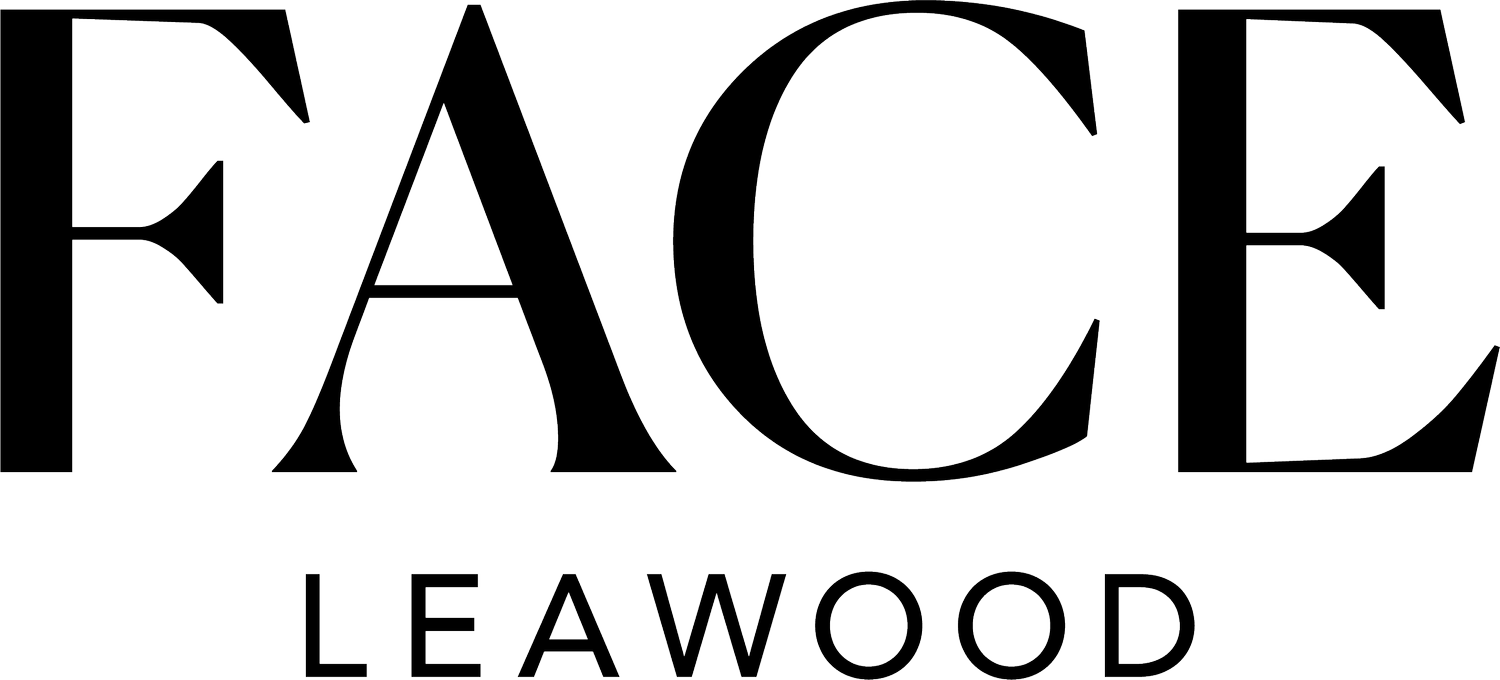At FACE Leawood, we understand the journey to achieving your desired results doesn't end in the operating room. Our commitment to your results extends beyond surgery, and we're here to support you every step of the way during your recovery.
-
Our team will provide you with detailed instructions on pain management medications, anti-nausea medications, antibiotics/antivirals, and any other medications needed to alleviate discomfort and promote healing. These prescriptions will be sent to your pharmacy prior to your surgery to ensure you have plenty of time to fill them. We ask that patients have two over the counter medications on hand after all surgeries: Tylenol (generic: acetaminophen) and Benadryl (generic: diphenhydramine).
-
On the day of surgery, our team provides you with a postoperative recovery kit that includes all necessary supplies that you'll need while recovering. Depending on which procedures you've undergone, it will include incisional cleaning materials, ointment(s), skincare products safe to use during the recovery phase, and reusable ice packs.
-
There are necessities and extras. At a minimum, we'll want you to have the following on hand:
Tylenol (generic: acetaminophen)
Benadryl (generic: diphenhydramine)
Several shirts/jackets that button/zip up
Someone you know to help support you and cheer you on during recovery
And the extras are often just as important. These can help improve the overall ease of the long process of recovery:
Soft foods that are nutritious and protein-rich (soups, yogurt, smoothies, scrambled eggs)
Water and drinks that promote hydration
A generic adult multivitamin to aid in wound healing
Entertainment (audiobooks, podcasts, movies, TV shows) to help pass the time
Comfortable clothing that you enjoy lounging in
-
What is it? Spend 90+ minutes per session in a specialized unit that is designed to deliver oxygen at higher than normal atmospheric pressure
Why do this treatment? Accelerates healing by increasing oxygen levels in the blood, which promotes tissue repair and reduces inflammation.
When can I start this treatment post-operatively? Patients are able to start the HBO treatments at day 2 after surgery, with the option to go every day for 2 weeks following surgery
-
What is it? A gentle, therapeutic treatment, lasting 20-30 minutes per session, designed to enhance lymphatic flow, helping the removal of waste products and cellular debris from surgical area
Why do this treatment? This specific massage helps clear the area of swelling fluid, encouraging re-direction of lymph fluid and cellular debris
How soon after surgery can I start these? Starting at day 5/6/7 after surgery, depending on your progress
-
What is it? A non-invasive treatment that offers gentle support for wound healing and reducing inflammation using light therapy, lasting 15-20 minutes per session
Why do this treatment? Accelerates healing, reduces redness, and encourages blood flow to the areas that are healing
How soon after surgery can I start these? Starting at day 5/6/7 after surgery, depending on your progress
-
Proper nutrition plays a crucial role in supporting your body's healing process after surgery. The three keys to postoperative nutrition include:
Maintaining good hydration with plenty of water
Ingesting enough protein each day to support tissue healing
Limiting salt/sodium intake to minimize additional swelling
When undergoing surgery of the face and neck, it is easiest to prepare soft foods that don't require large bites and/or excess chewing. Following surgery, the jaw muscles are often tight and the throat is often sore. It can be challenging to fully open the mouth and chew. The following foods tend to the the easiest to consume the first 1-2 weeks after surgery:
Soup
Yogurt
Smoothies
Scrambled eggs, etc.
We also offer a complimentary Nutrition Consultation prior to surgery for all interested surgical patients.
-
Maintaining healthy skin is essential for achieving optimal results and minimizing postoperative complications. We'll provide you with guidance on skincare routines and products that are safe and effective for use during your recovery. Your skin is the icing on top and optimizing your skincare routine will help protect the investment you've made in yourself.
-
First Night: following surgery, you may experience significant tightness in your neck and jaw area, making it difficult to get any sleep. This is a common and temporary discomfort as your body begins the healing process. Your facial movements may look odd and even as the numbing medications begin to wear off. Your nasal passages and throat may feel extra dry, from the oxygen we use during surgery.
2-3 days after surgery: during the first few days, you may feel pain, fatigue, and have trouble sleeping. It's important to take it easy during this time, focus on rest, and follow any prescribed pain management guidelines to ensure your comfort.
1 week after surgery: as you progress into the first week of recovery, a sore throat and difficulty opening your mouth may occur. This is normal and usually subsides as the swelling decreases and your tissues begin to heal. Most patients are still fairly swollen and bruised.
2 weeks after surgery: typically at 2 weeks, patients are feeling less discomfort and starting to see the "light at the end of the tunnel." Most patients are able to walk through a grocery store and/or be around strangers without anyone staring or noticing you.
-
After 2 weeks: most patients are ready to re-start their home skincare regimen and wear makeup.
After 4 weeks: most patients feel comfortable being around family and close friends. It is common to still have some degree of swelling.
After 6-8 weeks: the incisions are firm and red/pink. This represents the body strengthening the incision. After the body feels it's reached enough incisional strength, the proliferative healing of those incisions will stop and incisions will begin lightening in color and softening in texture.
After 6 months: you may notice ongoing subtle improvements in contours and areas of previous swelling. Numbness is common and can take up to one year to resolve.


